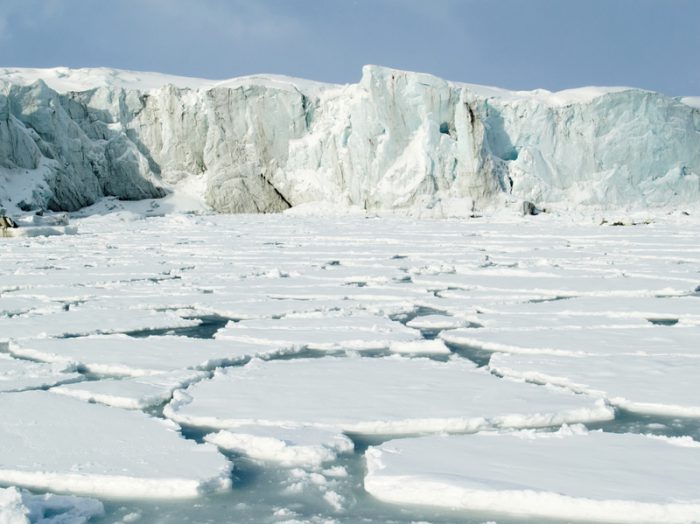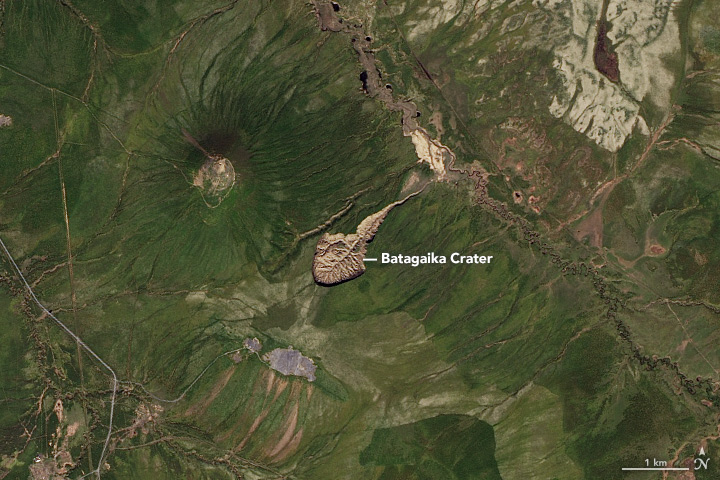How high is this treetop in Mexico compared to this mountain peak in Estonia?
Sounds like an easy question to answer, right? But in truth, one of the biggest challenges in mapping the surface of our planet is understanding the relative height, or elevation, of something. We measure elevation by saying how high above sea level (the level of the oceans around the world) something is.
How does this work? On its own, the tree in Mexico might be much shorter than the Estonian mountain. But as a country, Mexico has a very high elevation—Mexico City, for example, is 2,250 metres (7,381 feet) above sea level. Meanwhile, the tallest peak in low-lying Estonia? That's Suur Munamägi (Big Egg Mountain!), which is only 318 metres (1,043 feet) above sea level. So our Mexican tree has a much higher elevation than our Estonian mountain.
Keeping up with the changes
Measuring elevation is complicated enough. But keeping up with changes in our planet's surface—due to things like erosion—makes it even tougher. This is especially true when scientists are trying to track the melting and collapsing of the ice caps. Sure, an aerial photo can tell you when a glacier is covering less ground. But is it also getting shorter? And how much exactly?
Meet the tool that is going to measure this more accurately than ever before: ICESat-2. This NASA satellite, which launches in mid-September, is pushing the limits of precision and will be able to measure changes in elevation down to the centimetre.
How? Let this awesome video on ICESat-2 explain!
 What's the height of that ice sheet compared to last winter? ICESat-2 will be able to tell us! (© Erectus | Dreamstime.com)
What's the height of that ice sheet compared to last winter? ICESat-2 will be able to tell us! (© Erectus | Dreamstime.com)









